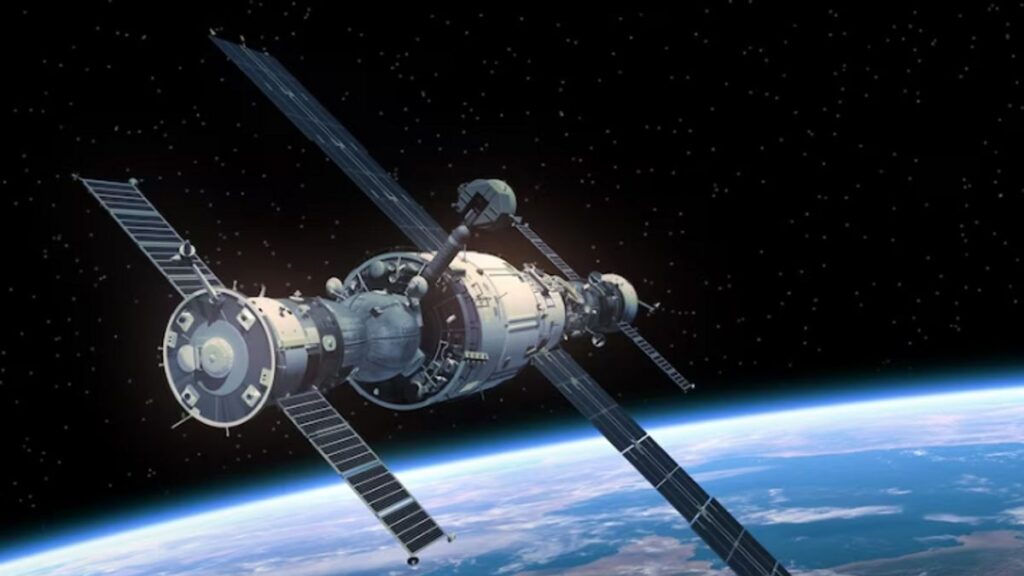The Challenges, Security Demands, and Business Battles Facing Starlink’s Entry into India
Starlink Clears Major Hurdle with India’s Security Approval
India’s government has given Elon Musk’s Starlink satellite internet service the go-ahead to operate. Communications Minister Jyotiraditya Scindia confirmed that Starlink can launch if it meets strict security requirements. These include ensuring data storage and security compliance, key points in recent negotiations between Starlink and India’s regulators.
Expanding Internet Access to Rural India
Starlink aims to connect India’s rural areas using low Earth orbit satellites. This technology could bridge the digital divide, bringing internet to communities with limited connectivity. Previously, Starlink proved its potential in Ukraine, where it supported essential communications after the 2022 Russian invasion.

Clashing with India’s Telecom Giant Reliance Jio
Starlink’s entry stirs competition with Reliance Jio, India’s largest telecom operator, led by Mukesh Ambani. Ambani argues for auctioning satellite spectrum, claiming this ensures fairness for all operators. Spectrum auctions could make market entry costly, impacting Starlink’s finances and other satellite operators.
Musk, however, opposes auctions, advocating for administrative allocation of spectrum. He emphasizes that the International Telecommunication Union (ITU) designates satellite spectrum as shared and questions the need for an auction. Musk recently responded on X (formerly Twitter), arguing that auctions stifle innovation and disadvantage satellite operators.
Navigating Challenges in a Competitive Market
Analysts say the satellite communications market presents intense competition and high costs. For Starlink, these factors add pressure in India, a market with massive potential but complex regulatory demands. “Satellite operators struggle in a crowded, costly market,” says Gareth Owen of Counterpoint Technology Market Research.
Starlink now faces its next steps: meeting India’s security demands, managing spectrum allocation battles, and challenging local telecom giants. If Starlink succeeds, it could change India’s internet landscape by delivering high-speed internet to millions in remote areas.
Our Visitor






 Users Today : 64
Users Today : 64


